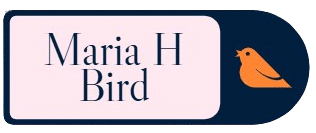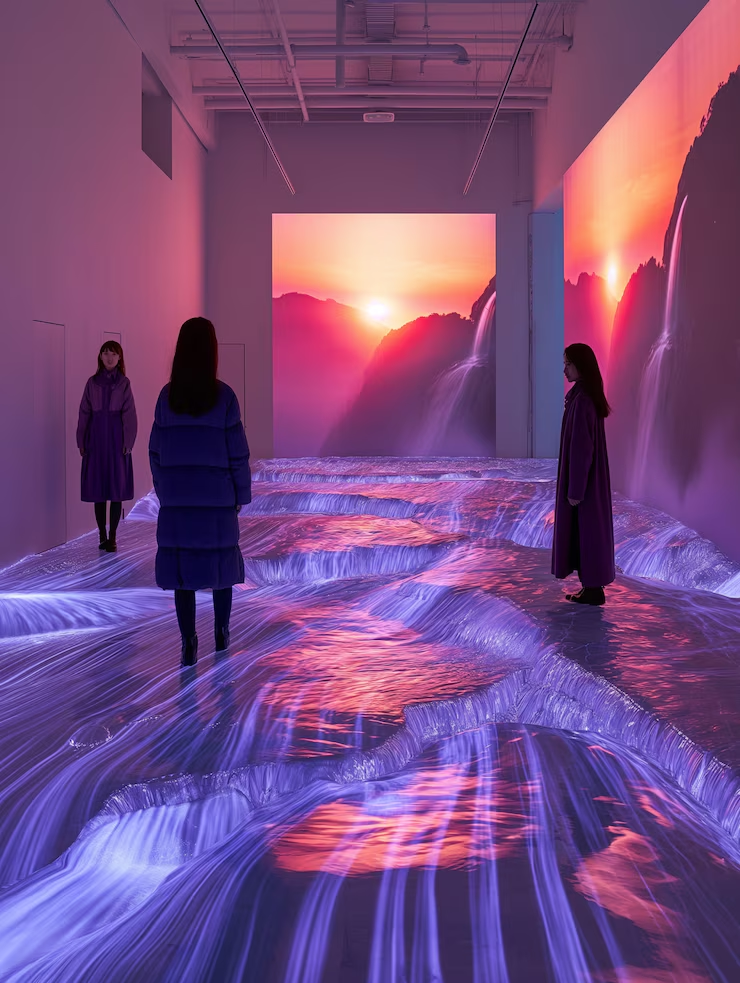Welcome to the new wave of digital clarity — Simpcitt. This emerging term reflects a growing movement favoring simplified, user-friendly digital experiences over complex, overstimulated web environments. Derived from a blend of simplicity and city — a conceptual ‘place’ where minimalist thinking meets modern digital lifestyle — Simpcitt isn’t just a style. It’s a statement.
In today’s fast-paced online world, users crave quick access to information, fewer distractions, and cleaner visuals. Simpcitt answers that craving by advocating for clarity, ease, and purpose. Whether you’re a developer, content strategist, or entrepreneur, adopting Simpcitt can transform how your audience perceives and engages with your content.
The Origin of Simpcitt
isn’t a traditional buzzword. Instead, it’s a term born from need. With digital cities expanding — websites, apps, dashboards, and feeds — people began seeking mental and visual calm. Enter : a conceptual town where UX designers, marketers, and creators prioritize ease and engagement.
Inspired by urban planning ideas and minimalism’s clean lines, is about purposeful reduction, not just taking things away.
Why Simpcitt Is Gaining Momentum
The average attention span has dipped below 8 seconds. Users scroll faster, decide quicker, and bounce faster. This gives an edge. -style platforms see lower bounce rates, increased interaction, and improved conversion.
Three forces drive this trend:
-
Overstimulation from ads, pop-ups, and noise
-
Burnout from complex UI
-
User demand for simplicity
Simpcitt in Website Design
Traditional web designs often cram everything into a single screen. says “less is more.” Think:
-
Single-column layouts
-
Focused CTAs
-
Deliberate white space
-
One action per screen
-
The result? Users breathe easier, stay longer, and trust more.
Simpcitt and Mobile UX
On mobile, space is premium. -driven apps use thumb-friendly design, large tap targets, and progressive disclosure (show more only if needed). It’s about respecting user effort and time.
Simplicity vs. Functionality
Some fear that simplifying means losing features. Not true. Simpcitt promotes hierarchy, where critical features shine and extras hide behind intuitive menus. isn’t about fewer features — it’s about clarity in feature use.
Simpcitt in Content Marketing
Forget dense paragraphs and jargon. content is:
-
Easy to scan
-
Built with subheadings
-
Prioritized by value
This method increases readability and ranks better, too.
Visual Aesthetics of Simpcitt
You’ll notice:
-
Muted tones or monochromes
-
Flat icons, no shadows
-
Clean grids
-
Simple imagery that speaks volumes
This aesthetic encourages emotional calm — perfect for trust-building.
Simpcitt in E-Commerce
Ever abandoned a cart due to a confusing interface? design boosts trust and usability:
-
Simple checkouts
-
Fewer steps
-
Only essential product info
The results? Lower abandonment and higher purchases.
Simpcitt SEO Practices
Yes, even SEO embraces . Here’s how:
-
Minimal URLs
-
Clear heading hierarchy
-
No keyword stuffing
-
Faster load times
-
Fewer HTTP requestsPlus,
-
Google loves simplicity when paired with user satisfaction.
The Psychological Pull of Simpcitt
There’s neuroscience behind this. Simplicity aids decision-making. lowers cognitive load, making users feel more in control. It also reduces decision fatigue, especially on e-commerce or SAAS platforms.
Simpcitt and Branding
Apple. Airbnb. Notion.
These brands show how simplicity strengthens identity. A clean logo, a focused brand message, and minimal voice all come together in -style branding.
Sustainable Development Through Simpcitt
Cleaner code = less server load = lower energy use. Minimal designs can help reduce a website’s carbon footprint. aligns with digital sustainability.
Simplicity in Code Architecture
-inspired developers prefer:
-
Clean file structures
-
Minimal dependencies
-
Modular design
-
Reusability
It’s not just a look; it’s a way of building.
Case Studies of Simpcitt in Action
Sites that switched to -styled layouts report:
-
40% faster site speeds
-
30% lower bounce rates
-
20% increase in engagement
Companies like Basecamp, Medium, and Superhuman embrace it fully.
How Gen Z is Embracing Simpcitt
For Gen Z, simplicity is sophistication. They prefer:
-
Micro-content
-
Aesthetic feeds
-
Stories over blogs
gives them what they want: no clutter, just connection.
Social Media and Simpcitt
From Instagram to LinkedIn:
-
Cleaner templates
-
Muted highlights
-
Less text, more action
Even TikTok bio links are getting a -style makeover — one call to action, one emotion, one goal.
FAQs about Simpcitt
What is Simpcitt?
is a concept and design philosophy focused on simplifying digital experiences through minimalism, clarity, and user-first content.
Is only for designers?
Not at all. Marketers, writers, developers, and business owners can all benefit from using Simpcitt strategies.
Can improve conversions?
Yes, by reducing user confusion and increasing clarity, often leads to better conversions and longer site visits.
Is bad for creativity?
No. In fact, working within clean frameworks often pushes more creative visual storytelling and smarter messaging.
Does Google favor -style pages?
Yes. Google’s algorithm prefers fast, readable, mobile-friendly sites — all hallmarks of .
How do I start using on my site?
Start with a site audit. Remove visual clutter, improve readability, and simplify your CTA paths.
Conclusion
isn’t a fleeting trend — it’s a foundational shift in how we interact online. From minimal interfaces to simplified messaging, it’s redefining digital experiences one screen at a time. By embracing , you’re not just decluttering pixels — you’re empowering your users

